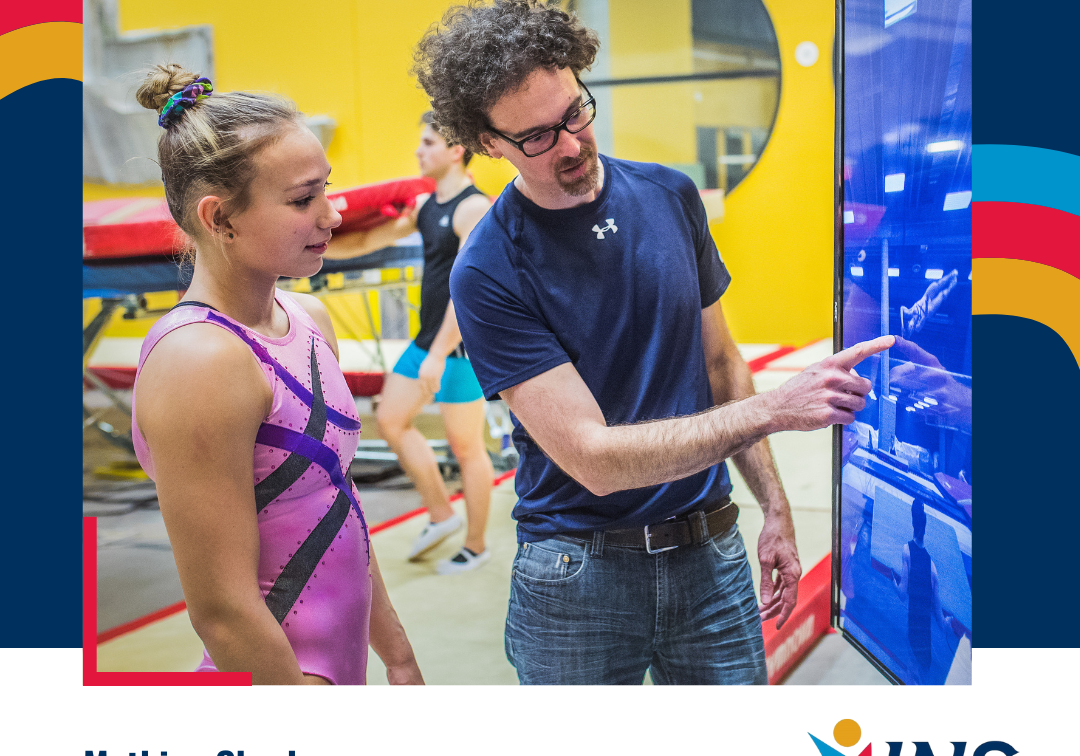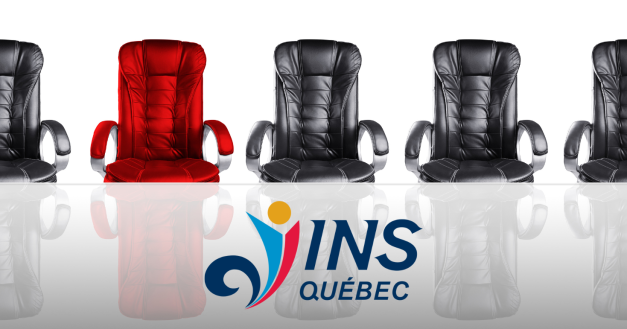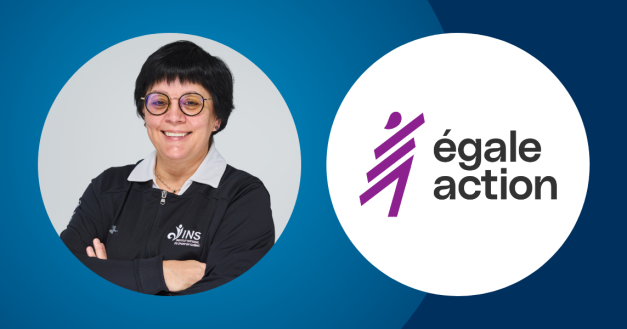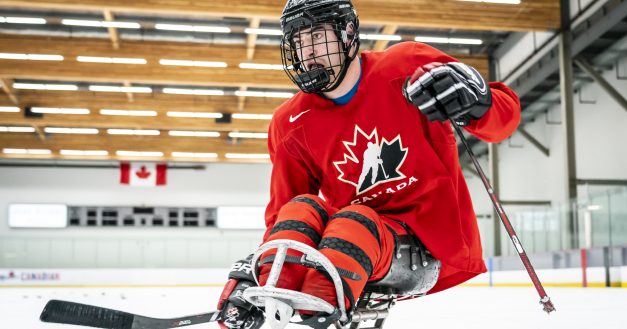Paris 2024 Olympic Games: Meet our experts

Mathieu Charbonneau
Here’s a series of 4 articles featuring some of our 14 experts who will be at the Paris Olympic Games or working remotely. For the first portrait, we had the opportunity to chat with Mathieu Charbonneau, sports biomechanist and Scientific Advisor for Synergy Projects at INS Québec. With over 20 years’ experience in the field of biomechanics, Mathieu has played an essential role in the preparation and support of Olympic and Paralympic athletes. In this interview, he talks about his career path, his contributions before and during the Games, and the challenges and rewards of his profession.
Q : When did you join the Institut? When did you start your profession? Which sports do you work with?
I had the pleasure of joining the Institut over 15 years ago! I was working for the Centre national multisport Montréal at the time. Aquatic sports (swimming, diving, water polo and artistic swimming) were very well received at the time.
Before that, I was a lecturer at the Université de Montréal and a research associate with ÉTS and the Université de Montréal. I did my graduate studies in biomechanics and my first jobs were with rehabilitation research teams. There wasn’t much activity in sports science at the time… During my interview at the Institut, I talked about my experiences in coaching and quantifying performance with musculoskeletal rehabilitation patients. I thought I was capable of making the leap to performance analysis with athletes, I just needed to adjust my approach. Now I have over 20 years’ experience in biomechanics research and intervention. Over the years, I’ve worked in environments covering more than 25 sports. Today, I work closely with Boxing, Para-swimming and Boccia.
Q: What’s your role before the Games?
During an Olympic cycle, I contribute to a number of things in preparation for the athletes. In the integrated support team, we define the priorities and measures required. For example, I did tactical analysis with the boxing group and measured striking ability. We made technical observations in para-swimming through various research projects involving McGill and ÉTS, we are now able to quantify propulsion, fatigue and asymmetry signals in swimmers.
Q : What’s your role at the Games?
This time I’ll be at a distance. During the Olympic Games, I’ll be supporting the boxing team. We prepare tactical analyses of the opponents. We gather information before the Games and update it when our athletes win their bouts. With my other Paralympic partners, my work is focused on technical preparation. I don’t have any roles during the Paralympics. So that gives me time to watch the athletes perform in Paris!
Q: How do you contribute to the athletes’ success?
In many different ways! By being present at the training and competition sites, I’m able to establish good links with the athletes and coaches. We contribute to monitoring fitness, technique and tactics. As an integrated team, we exchange ideas with the coaches to find the best solutions for coaching the athletes. I carry out various tests and measurements during training and competition.
Q : Is this your first remote experience of the Olympic Games? Have you ever been on site during the Games? How does your role differ on site vs. remotely?
I’ve never been to the Games. We found ways to provide technical and tactical information remotely.
The sport groups integrate us into their teams by exposing us to the competition environment. We went to camps and competitions with each team to live the experience and better understand what the athletes are going through.
When you’re there, you can definitely get involved and react with the group in real time and in person.
Q: What do you love most about your job?
It’s really rewarding when you help an athlete or coach move forward with their project. It’s quite a challenge to try to solve a technical or tactical problem. It’s a real achievement when you can measure the difference between the solutions you try. What I like best is finding a solution in collaboration with colleagues from the Institut and sports teams.
The bonus is when we manage to measure the effect of the modification we propose. This usually involves modifying sensors and creating calculation methods to obtain the required data.


